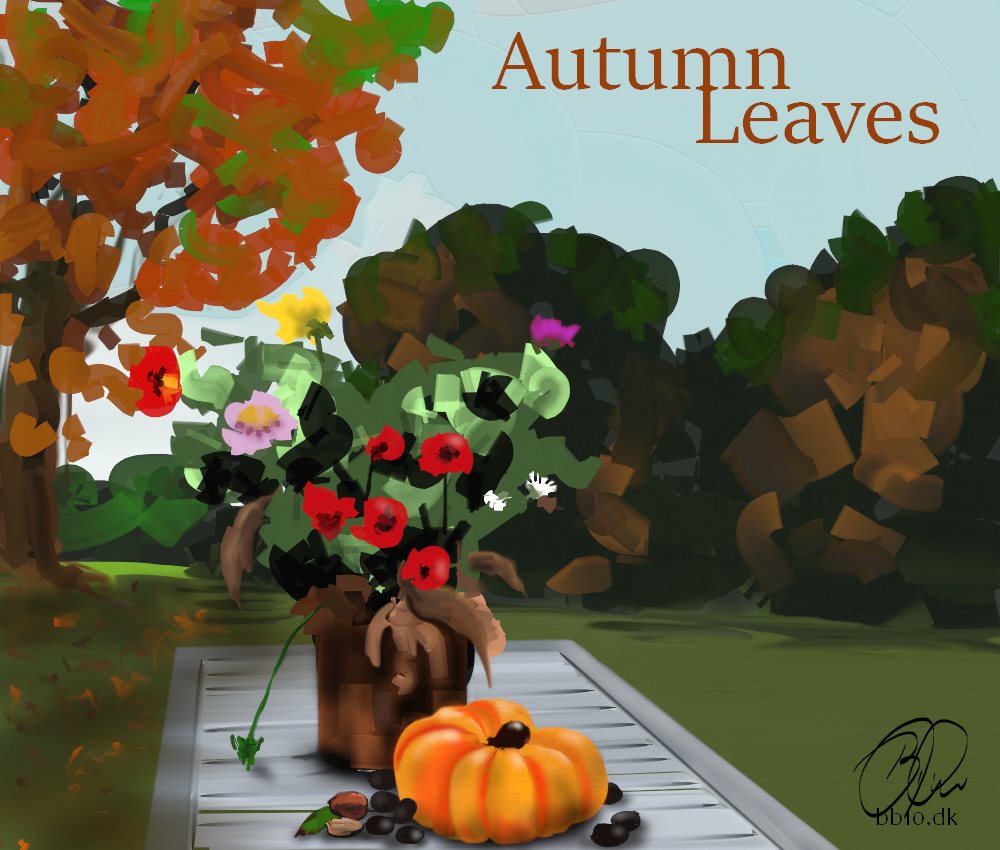Ambivalence over the name of the third season
Autumn Leaves
Ambivalence over the name of the third season of the year reflects its status as a relatively new concept.
As natural as it seems today, people haven't always thought of the year in terms of four seasons.
Fifteen hundred years ago, the Anglo-Saxons marked the passage of time with just one season: winter,
a concept considered equivalent to hardship or adversity that metaphorically represented the year in its entirety.
For example, in the Old English epic poem "Beowulf," the title character rescues a kingdom that had been terrorized by a monster for "12 winters."
According to "Folk Taxonomies in Early English" (Fairleigh Dickinson University Press, 2003) by Earl R. Anderson,
the importance of winter in marking the passage of time is evidenced by the constancy of its name over time and across many languages.
"Winter" probably derives from a root word meaning "wet" that traces back more than 5,000 years.
Source: Live Science Autumn






